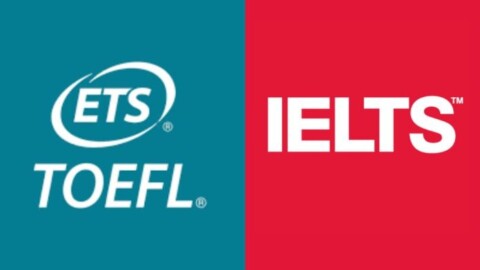The National Board for Technical Education (NBTE) has made it mandatory for all National Diploma (ND) and Higher National Diploma (HND) students to complete a Mandatory Skills Qualification (MSQ) before they can graduate. This decision is in line with global trends, which emphasize the importance of acquiring skills for young Nigerians studying in polytechnics.
According to Fatimah Abubakar, the Head of Media at NBTE, students will now receive a National Skills Qualification (NSQ) alongside their diplomas. The NSQ assesses and recognizes individuals’ skills and abilities in various fields, focusing on vocational skills gained through training programs and apprenticeships.
The introduction of the NSQ aims to close the gap between formal education and the needs of industries, providing students with practical skills that are relevant to the job market. It offers several benefits, including improved chances of getting a job, flexibility, and opportunities for career advancement.
By obtaining both an NSQ and a diploma, students will have a wide range of skills, making them more competitive in the job market and giving them more opportunities for career growth.
Ensuring the quality and relevance of Technical and Vocational Education and Training (TVET) programs is important. Assessors will play a vital role in evaluating the quality of education and training provided in technical and vocational fields, ensuring that standards are met and students achieve their learning goals.
Under the MSQ, HND students who have already obtained an NSQ at the ND level can choose to enroll in Quality Assurance Assessor (QAA) training as an alternative. This certification will be valuable in the workplace, as many industries require employees to undergo on-the-job training.
Although Nigeria faces challenges in its technical workforce, including shortages of skilled workers and a mismatch between industry needs and training programs, initiatives like the MSQ aim to tackle these issues and improve the employability of graduates.





